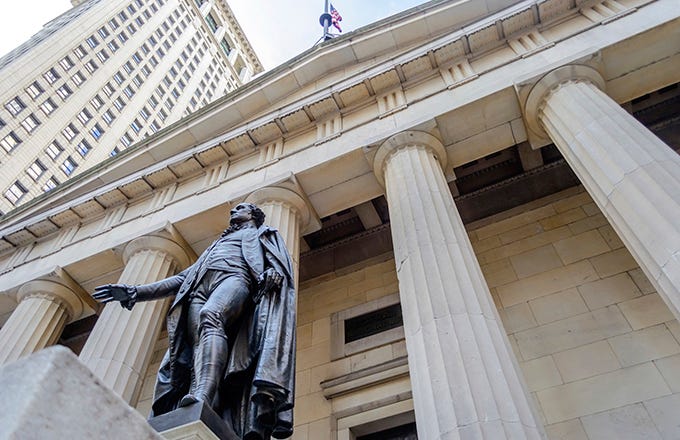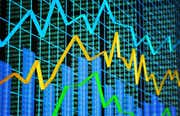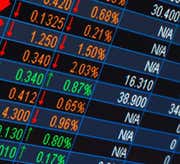
|
The players in the futures market fall into two categories: hedgers and speculators.
Hedgers
Farmers, manufacturers, importers and exporters can all be hedgers. A hedger buys or sells in the futures market to secure the future price of a commodity intended to be sold later in the cash market. This helps protect against price risks – and can be considered an insurance policy of sorts.
If you go long a futures contract, you try to secure as low a price as possible. Conversely, if you sell short a contract, you want as high a price as possible (just like you would with stocks). The futures contract, however, provides a definite price certainty for both parties, which reduces the risks associated with price volatility. Hedging by using a futures contracts can also be used to lock in an acceptable price margin between the cost of the raw material and the retail cost of the final product sold.
Here’s an example. Say a silversmith needs a certain amount of silver in six months to make jewelry that’s already been advertised in an upcoming catalog. Because the jewelry prices are already set, any increase in the cost of silver can’t be passed on to the retail buyer – instead, the silversmith would have to absorb that cost. The silversmith can buy a silver futures contract to hedge against a possible price increase in silver.
Speculators
Other market participants don’t aim to minimize risk, but rather benefit from the inherently risky nature of the futures market. These are the speculators, and they intend to profit from the very price changes that hedgers protect themselves against. While hedgers want to minimize their risk no matter what they're investing in, speculators want to increase their risk and therefore maximize potential profits. And unlike hedgers, speculators don’t want to own the underlying commodity. Rather, they enter the market to profit from rising and falling prices. Here’s a quick comparison:
|
Trader |
Short |
Long |
|
The Hedger |
Secure a price now to protect against future declining prices |
Secure a price now to protect against future rising prices |
|
The Speculator |
Secure a price now in anticipation of declining prices |
Secure a price now in anticipation of rising prices |
In a fast-paced market into which information is continuously fed, speculators and hedgers bounce off – and benefit from – each other. The closer it gets to contract expiration, the better the information entering the market will be regarding the particular commodity. As a result, market participants can expect a more accurate reflection of supply and demand and the corresponding price closer to expiration. (For related reading, see The Role of Speculators in the Commodity Market.)
Regulatory Bodies
The U.S. futures market is regulated by the Commodity Futures Trading Commission (CFTC), an independent agency of the U.S. government established by the Commodity Futures Trading Commission Act. The futures market is also subject to regulation by the National Futures Association (NFA), a self-regulatory organization authorized by U.S. Congress and subject to CFTC supervision.
A broker and/or firm must be registered with the CFTC to issue, buy or sell futures contracts. Futures brokers must also be registered with the NFA and the CFTC to conduct business. The CFTC has the power to seek criminal prosecution through the Department of Justice, while violations against the NFA's business ethics and code of conduct can permanently bar a firm or person from dealing on the futures exchange. It’s important for futures traders to understand these regulations and make sure the brokers, traders or companies acting on their behalf are licensed by the CFTC. You can research specific financial professionals and firms by visiting the CFTC SmartCheck website.
Futures Fundamentals: Characteristics
-
 Trading
TradingAdvantages Of Trading Futures Over Stocks (APPL)
We look at the top eight advantages of trading futures over stocks. -
 Investing
InvestingFueling Futures In The Energy Market
The energy market influences every aspect of our lives, and these four options are its driving force. -
 Insights
InsightsThe National Futures Association As Market Watchdog
As the overseer of the commodities and futures industry, the NFA helps to protect investors from fraudulent futures activities. -
 Investing
InvestingCurrency Futures: An Introduction
Find out why forex market is not the only way for investors and traders to participate in foreign exchange. -
 Trading
TradingAn Overview Of Futures, Derivatives, and Liquidity
Gain an understanding of futures and derivatives, and how these instruments are meant to mitigate market risk. -
 Investing
InvestingAll About Liquid Commodities
You might hear 'liquid commodities' and think of an auction, but they're actually a high-volume, fast paced financial product suitable for day traders.


